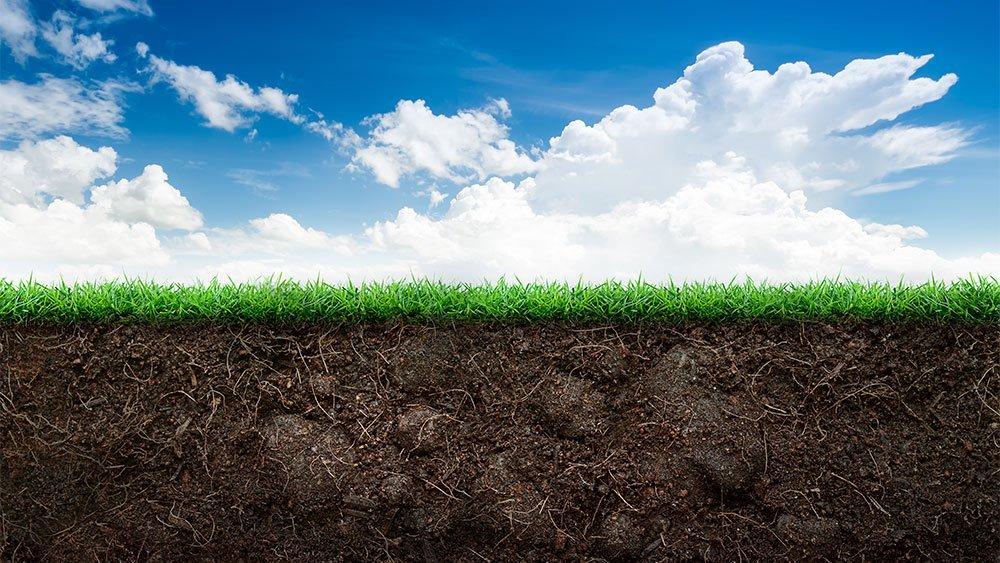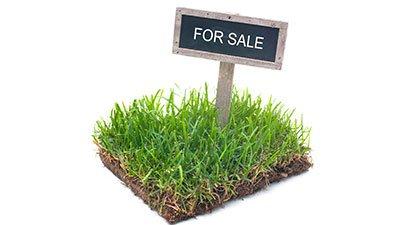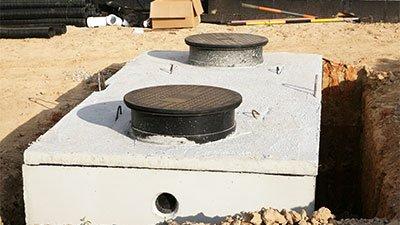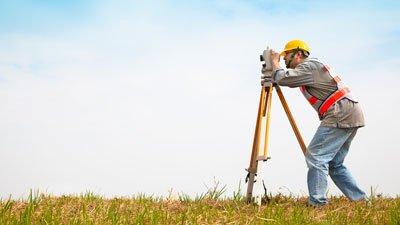There’s a reason why they call our area The Great Northwest. From glimmering waterways to snowcapped mountains, Seattle, Tacoma, Olympia and the surrounding vicinities offer some of the most breathtaking scenery. Hordes of people are moving to the Puget Sound region with the idea of acquiring their own slice of our beautiful area. Here’s 5 things you should know before buying land.
There’s something about owning your own piece of land that has excited humans for centuries. Purchasing a building lot and constructing a new home is something many people only dream about. Given low interest rates and other recent factors, though, it has become a more common reality for many families.
One of the hardest parts about building a new home on your own lot is well … purchasing land and not losing your shorts. There are many pitfalls to purchasing land that you should be aware of and this article will discuss some of those things. Keep in mind that many folks going through this process hire someone to perform a feasibility study which will look at all of these items and give you a report that essentially tells you all of the issues you’ll have to consider for a given building lot. So here we go… 5 Things You Should Know Before Buying Land.
Lot Size
You might think that purchasing 20 acres of land would be a great idea. Lots of land means lots of work, not to mention property taxes that can eat you alive.
The average 2000–3000 square foot, one-story home has a very large footprint. But even then, you only need about one-third of one acre for it to fit. In most cases, one acre will give you plenty of room to build a very large home plus elbow room for yard and landscaping.
It is generally a good idea to keep your lot size on the smaller side, unless of course you have the budget and needs for something larger. For instance, if you plan on building a shop or an accessory dwelling unit, you’ll probably want something on the order of one to two acres.
You can use your local real estate broker to help you with buying land and the process of finding a suitable parcel of land to build on.
Topography
This sometimes confusing term is the study of the features and shape of the earth. In other words, what are the features and shape of the land you’re about to purchase? Is your prospective lot flat? Is it on a slope or does it have dips and valleys? What about big trees or streams that may interfere with where your home may be built?
If you have a desire for a perfectly flat lot, that may not be a good idea. A flat lot sometimes doesn’t allow for water runoff, so having a bit of slope can be a good thing. On the other hand, having a lot of slope doesn’t necessarily mean a bad thing. You can design a home with a daylight basement to account for your slope and end up with lots of living space. Topography is something that is very important to consider, so make sure you ask the seller of the land for a survey that shows topography before buying land.
Water
There are couple of items that every lot absolutely must have in order to build a home. And the top of that list is water. If you can’t get water to a lot that you’re looking at buying, you simply cannot build a home.
If the lot you’re looking at is within city limits, you may have city water at the street. You’ll need to confirm this by acquiring a Water Availability Letter(or Certificate of Water Availability) from the local purveyor of water. Sometimes the purveyor is the city itself, and other times it may be a local water company. Also, ask if there is an existing water meter located on the street, as this will save you money if that’s already in place.
If your lot is out in the country, you’ll more than likely be looking at drilling a well. To drill a well, you hire a well driller that typically charges per foot that is drilled in order to find water. Many well drillers can find potable water at 80-100 feet below the earth’s surface. Other times it takes drilling 200-400 feet to find water good enough to drink. A good idea is to check with neighboring lots that already have wells to find out their average well depth.
Drilling a well is actually not that big of a deal and is routinely done to bring water to building lots. It’s recommended to speak with local neighbors to find out the name of the well drilling company they used. They might have a good idea of how difficult it may be to get water in your lot.
Sewer
If you want to live among the trees outside of your local city limits, you won’t have city sewer on your street. This means you’ll need an on-site septic system to handle sewage. In order to design a septic system, the soil conditions of your lot have to be of the type that allows fluids to drain naturally. If your soil conditions include lots of clay, that may prohibit your soil from what is known as percolating also known as “perc-ing.”
If your prospective lot has sewer at the street, you’re probably golden! With sewer at the street, you simply request a Sewer Availability Letter from the local jurisdiction. That letter guarantees your ability to have sewer services serve your building lot.
Critical Areas
Before buying land, you should check your local jurisdiction. Many jurisdictions — especially here in the Seattle, Tacoma and Olympia areas — require an analysis of all potential building lots for critical areas. This is also known as a Critical Areas Designation, or CAD. What is this? Critical areas are lands with natural geologic hazards or lands that support certain unique, fragile or valuable resource areas. This process is required by King County, Pierce County and Thurston County here in the Northwest and is required to a lesser extent in other counties.
Does your prospective land have drainage ditches? How about water nearby, like a lake, pond, stream or fish habitat? Sometimes simply having wetland-type plants in a section of your property will raise red flags with your local jurisdiction and cause a specific area of your building lot to be designated as “wetlands.” Wetlands will typically have a large buffer around them prohibiting you from positioning your home anywhere in that specific area. What about a tree with an eagle’s nest? That too will cause issues as to where you can place your home.
These are the basic fundamentals you’ll need to research before making buying land. If you have water and sewer checked off your list as available, you have much of the battle won. With that said, there can be other issues you’ll need to address before committing to purchasing a lot for your new home.
Everything we’ve discussed so far can be addressed by a professional that offers feasibility studies. We always suggest paying to have a feasibility study performed by a knowledgeable professional before making your land purchase. Normally you would utilize the services of a professional real estate broker in your area. If you see that a prospective piece of land is something you want, before buying land you can then make an offer to purchase with the offer contingent on a successful feasibility study that will allow you to build a home.
If the study comes back negative for your project, you can always discontinue and not waste any more money. Well there ya’ go, it’s time to impress your friends with your knowledge of 5 Things You Should Know Before Buying Land.
If you’re interested in getting some advice on purchasing land for your home building project, contact a professional.


























Hi Jerry, do you have knowledge of any lots on the Eastside of Seattle that are available to build a rambler approximately 1500sf? And prices?
Hey Gloria, I’ll have Matt Jewett one of our consultants email you with some information.